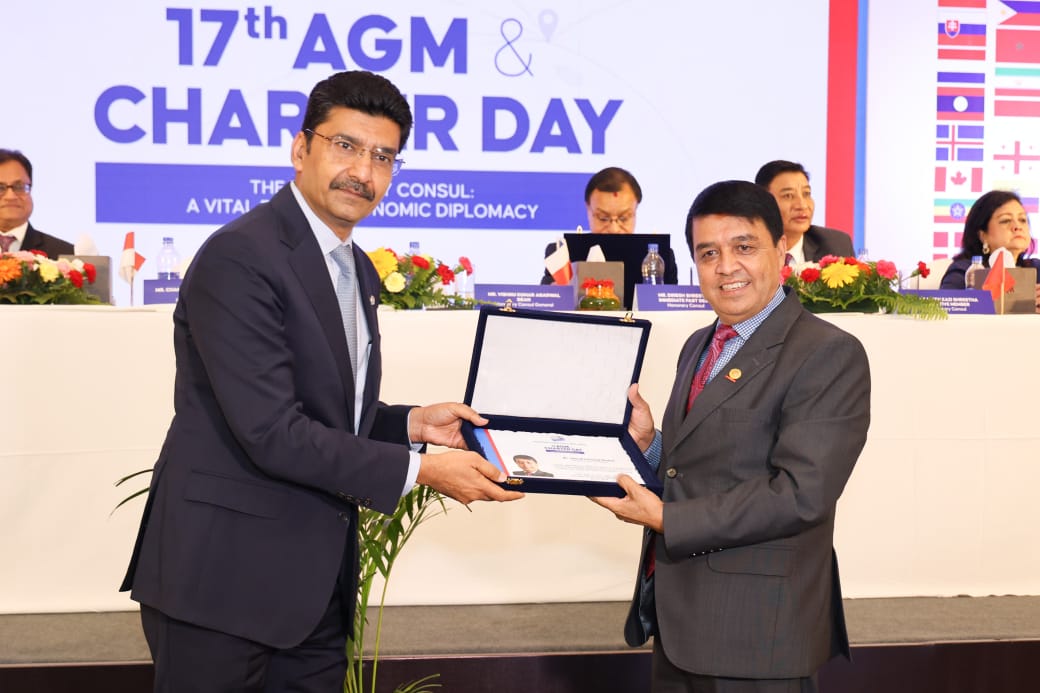KATHMANDU, MAY 15: The government has adopted a policy of zero tolerance against corruption while strengthening regulatory bodies with necessary laws, human resources, means, and resources. Presenting the government’s policies and programs for the upcoming fiscal year in the joint session of the federal parliament today, President Ramchandra Paudel said that the province and local level governments will be made accountable for implementing strategies and action plans related to corruption control.
“Promotional, preventive, and curative measures will be adopted in an integrated form by identifying high corruption-prone areas. A new national strategy and action plan will be implemented to effect the United Nations Convention Against Corruption and the commitments made by Nepal in this regard,” read the government policies and programs.
Likewise, the President announced that the Commission for the Investigation of Abuse of Authority (CIAA) will be further strengthened as a competent institution to maintain good governance and to carry out objective investigations, research, and prosecutions related to corruption acts.
“The National Vigilance Centre will be further strengthened to carry out preventive and promotional measures related to corruption control. This centre will be developed as a more capable organization for technical testing of the quality of development projects with legal arrangements,” according to the President.
Furthermore, fraud, unfair transactions including usury, economic and financial crimes like forgery, and illegal activities like improper exploitation of public property and resources will be strictly controlled, as announced in the government’s policies and programs document. Fiscal discipline and financial accountability will be strengthened at all three tiers of government by making audits objective and credible, and the task of clearing irregular amounts in public bodies will be carried out as a campaign.















Feedback